The Trump White House took a victory lap on Monday, declaring in its newsletter that the American economy is back – back bigger and better than ever. Core inflation is down. Industrial production is up. Claims for unemployment dropped. Tariff revenue rose. The newsletter even cites the Wall Street Journal—otherwise in bad odor in the Trump White House – for decreeing that the American economy is “regaining its swagger.”
Is it time to splurge on a fancy vacation? As it happens, I’m currently visiting Vermont where the number of tourists is distinctly lower than in previous years. Trump’s immigration policies are deterring Canadians from traveling to America and the Washington Post reports that more Americans are embracing the “staycation” in anticipation of economic turmoil and headwinds.
The calm before the storm argument rests on the common sense proposition that Trump, for all his skills at prestidigitation, cannot repeal the laws of economics – specifically, David Ricardo’s theory of comparative advantage. Ricardo was the original free trader. His insight was that each nation should specialize in trading the goods it can produce most efficiently. Trump, by contrast, appears to be something of a mercantilist. Like Fafner in Wagner’s Ring Cycle, he wants to sit atop of his horse of gold, breathing fire at anyone who tries to disturb it. Trump’s idol is thus the late nineteenth century President William McKinley, who called himself the “tariff man.” Trump praised him in his second inaugural address as a visionary who transformed America into an economic El Dorado.
Now Trump himself is promising a new golden age but the glitter seems mostly confined to his ghastly redecorating efforts in the Oval Office, which is starting to resemble a Las Vegas casino. It is hard not to feel a sense of foreboding as Trump, willy-nilly, imposes a raft of tariffs on America’s allies and rivals alike. The effective tariff rate currently exceeds 20 percent, the highest since the Great Depression.
With August 1 as the deadline for concluding any tariff deals, Trump does not appear particularly eager to stifle what might be called the Guns of Navarro – his longtime economic adviser Peter Navarro has long contended that the most efficacious route to ensuring industrial dominance is to slap punitive tariffs on a variety of nations, foremost among them China. So far, however, Beijing isn’t budging, much to the Trump camp’s surprise.
To create a potential scapegoat for economic tumult, Trump has been bludgeoning Federal Reserve chairman Jay Powell, claiming that he has been tardy in lowering interest rates. But Powell’s term is drawing to a close. Now that Congress has passed his big beautiful bill, it is Trump, and Trump alone, who will take the blame, or enjoy the accolades, for the performance of the economy in coming months. The notion that he will risk it all simply to tax goods coming into America remains tarrifying.



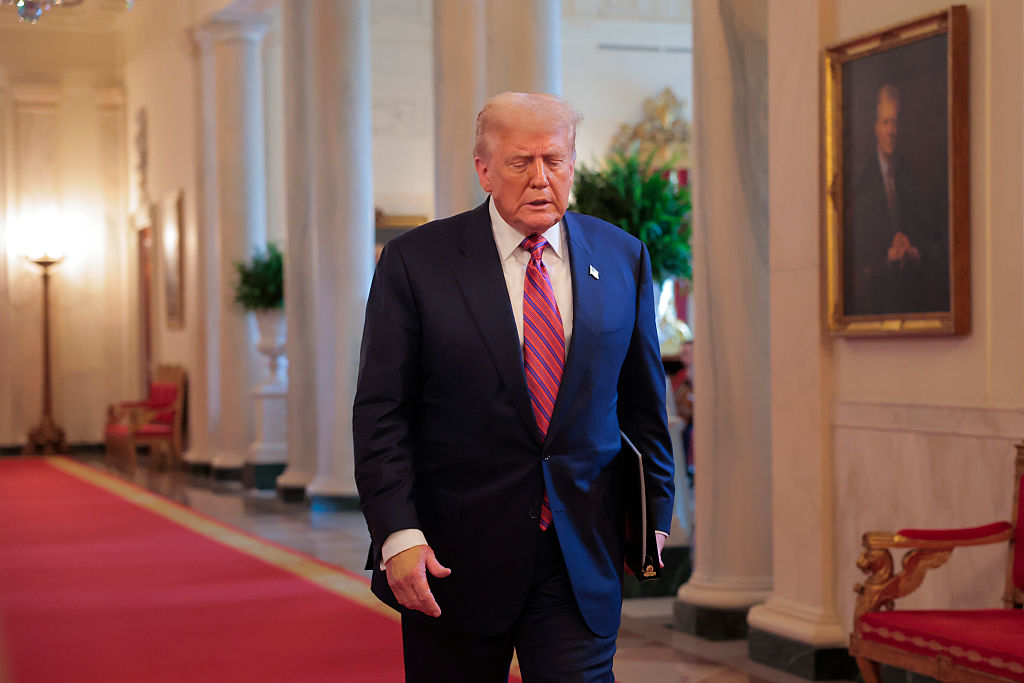






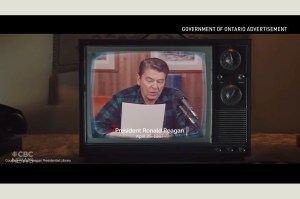
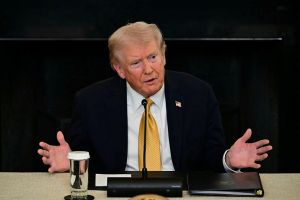
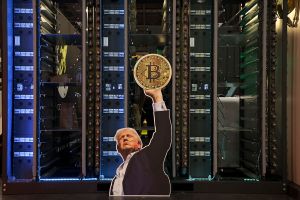
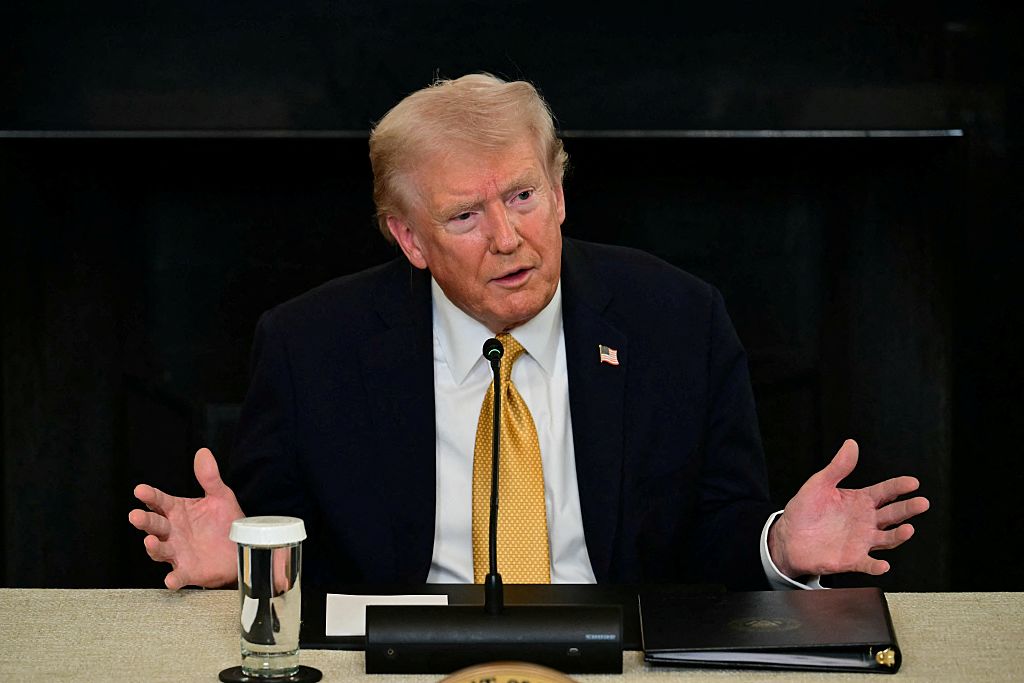
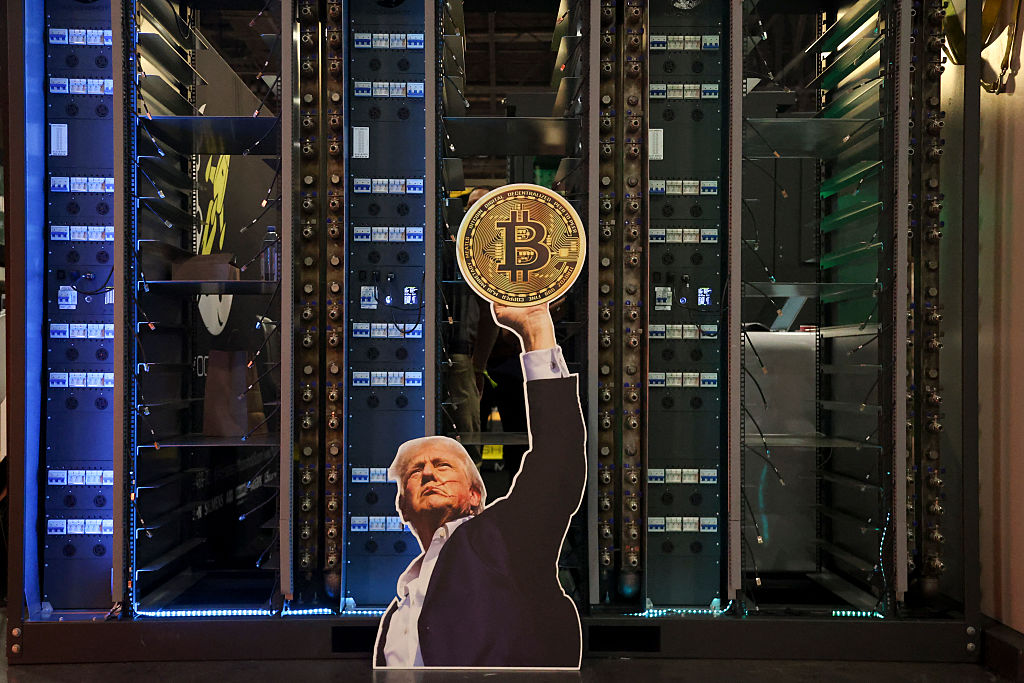
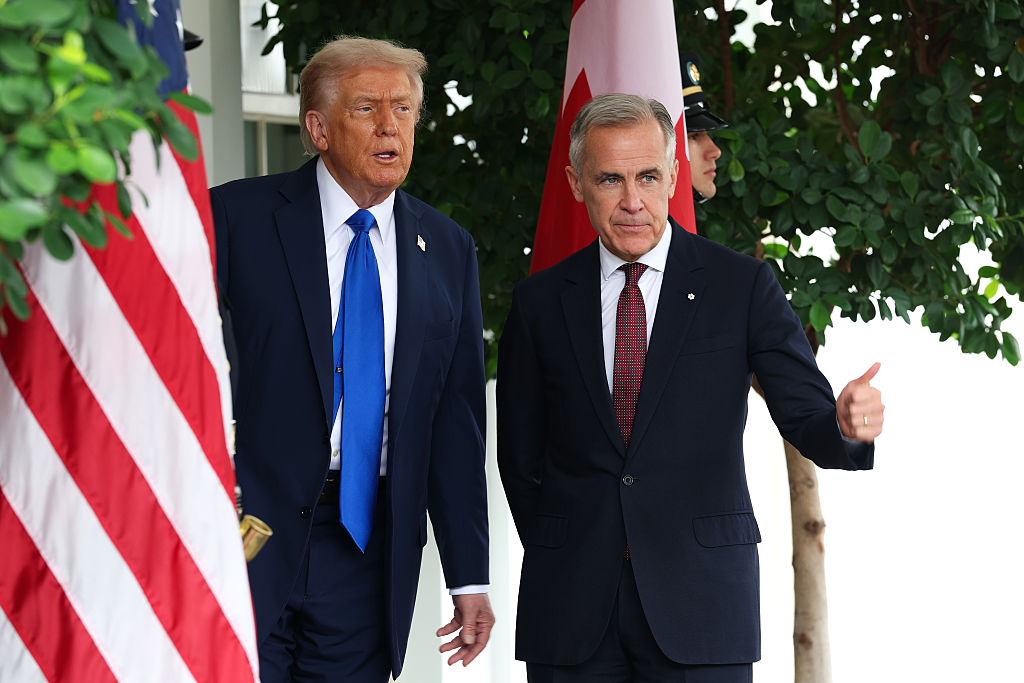
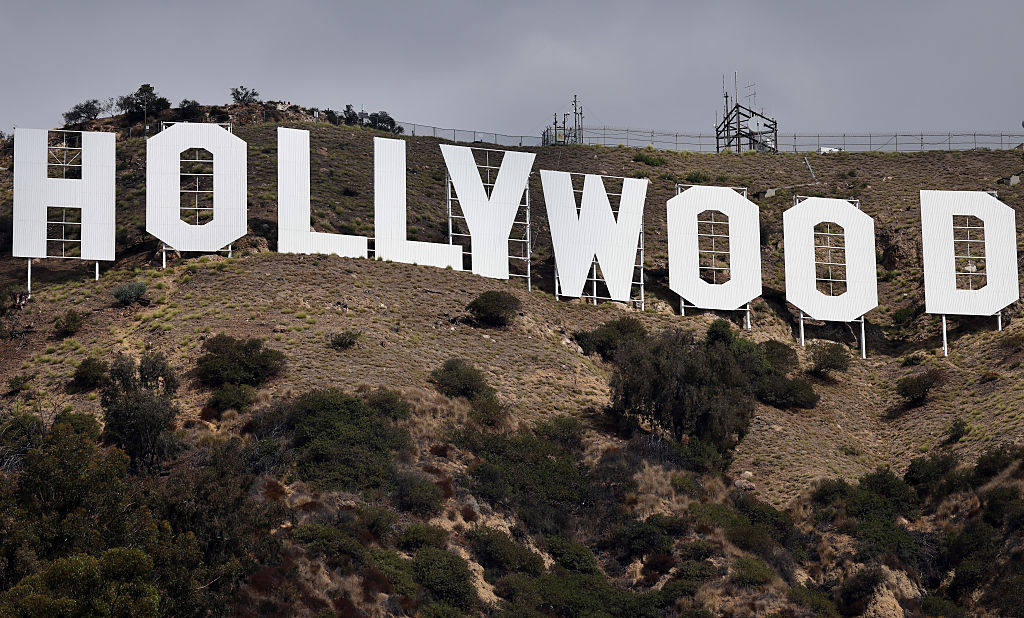
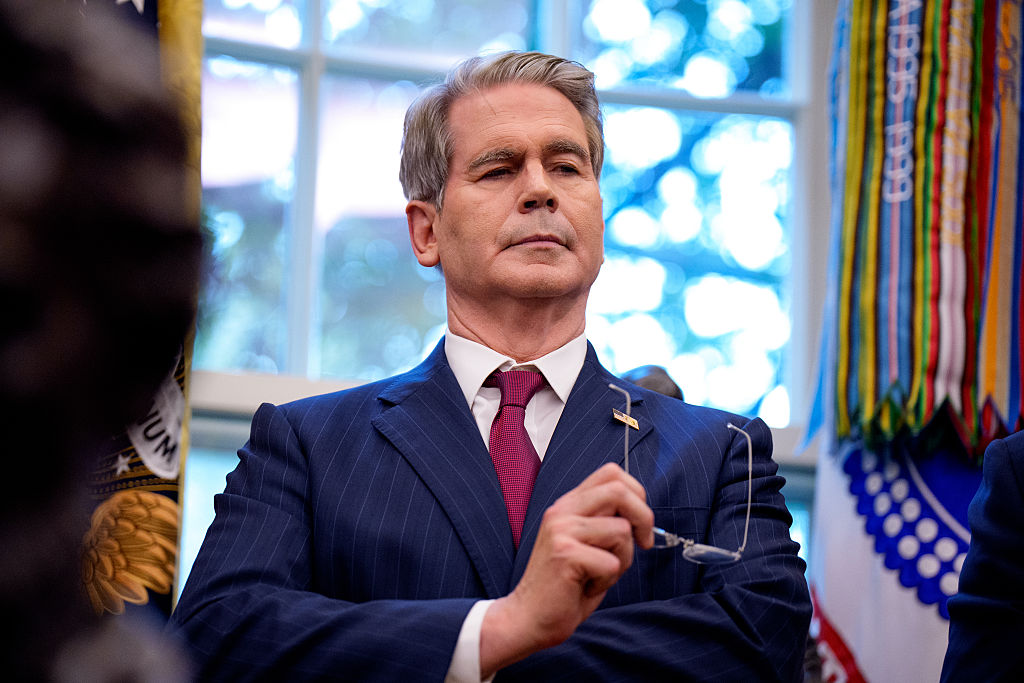








Leave a Reply